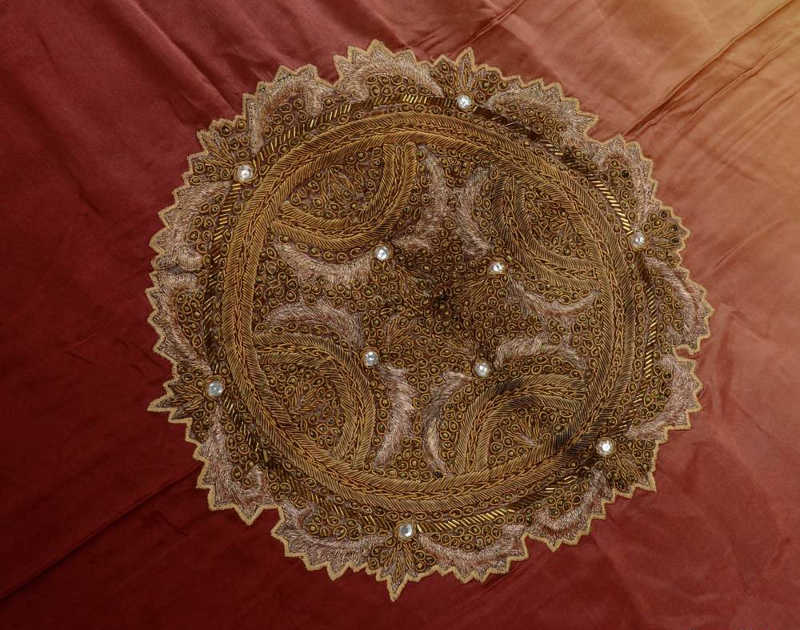===
0867,
1
===

=== |
 |
baham pahuñchnā : 'To be procured, acquired, or obtained; to come to hand'. (Platts p.191)
FWP:
SETS == GROTESQUERIE
MOTIFS
NAMES
TERMS == PROOF; 'THOUGHT-BINDING'Ugh! This is a fairly grotesque image. It's not that on the ruby lip of the beloved there's a blister-- not at all. Instead, in the wetness of the 'water of life' provided by the beloved's lips, there's a 'pearl' (spherical, light in color, maybe a bit glistening, emerging from water). And if the speaker 'obtains' this water from the beloved's lips, the suggestion is surely of a kiss. (Does he somehow 'obtain' the blister-'pearl' too?) Really, blisters just don't lend themselves to being poeticized.